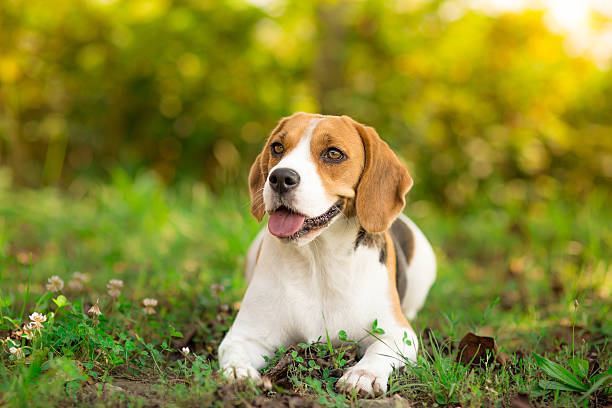A Socialization Program to Improve Research Dog Adoption Rates

Investigators using companion animals for research are often faced with the dilemma of what to do with healthy animals when a study is complete. At our institution, it is not uncommon for investigators to submit protocols that allow or require adoption of these animals. In some instances, this is mandated by funding organizations which prohibit the euthanasia of these animals. At our institution, the adoption process has been facilitated by the Department of Laboratory Animal Resources (LAR). Over the past 4 y, the number of dogs available for adoption has increased 8-fold resulting in a significant time commitment from LAR personnel. Some of the difficulties in adopting research dogs are related to human socialization in a research setting, as well as the challenge for a new owner of training an adult dog to perform basic tasks such as walking on a leash or sitting on command. As a result, a dog socialization program was developed in an attempt to increase adoption efficiency. After obtaining consent from the investigators and the IACUC, LAR designed a program to pair research dogs with undergraduate students interested in careers in veterinary medicine. Through hands-on workshops and monthly meetings with experienced dog trainers, the students were taught positive reinforcement methods for dog socialization and training. In order to provide feedback to the investigators, IACUC, and LAR, behavioral assessments were performed on 10 randomly selected beagles enrolled in a 6-mo research study. Assessments were performed by 2 observers at the beginning of the study, at an interim timepoint, and at the completion of the study. The evaluations included 12 tasks designed to reflect the level of human socialization of the dogs. Results from the interim assessment showed improvement in behavioral scores for 10 of the 12 tasks, with significant improvement seen in 2 important tasks involving leash walking. In addition to positive behavioral responses in the dogs, the program has generated college credit for student volunteers, additional sources of potential new owners, and increased interest in research-dog adoption by the university administration.
Burgess, W., French, E. D., Kendall, L. V. 2010. A socialization program to improve research dog adoption rates. American Association for Laboratory Animal Science [AALAS] Meeting Official Program, 714 (Abstract #P104).
Photo: iStock.com/Lunja
View Resource
Topic(s): Behavior, Research and Teaching, Socialization
